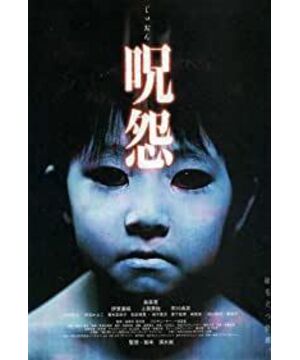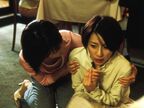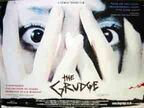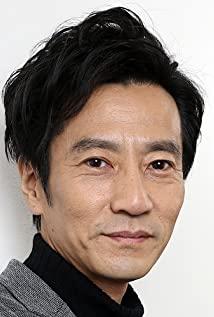Judging from comprehensive novels and movies, the whole work seems to suppress a suffocating grievance (grievances of vengeance, grievances of revenge, grievances of seizing love.) and this grievance cannot be resolved, and it will only grow with people who die. The more and the deeper the accumulation! And Ju-on: The Grudge's influence seems to be far-reaching, and it can change the time and space environment (so that Yuanshan has the opportunity to see his daughter enter the haunted house many years later, but it can't change the fate of her daughter). This also corresponds to the novel version. "Resentment is the only human emotion that can last a long time and fundamentally strongly affect human emotions." But the work also reveals love (Kyoko has always wanted to use love to influence this resentment), but as described in the novel, "love is so powerless in front of hatred", "hatred cannot be resolved with love" and the film lacks victory with kindness Evil scene.
In fact, the work is fictitious, but there are also reflections of real human nature and social phenomena (domestic violence, social indifference, adult sexual harassment of minors.) When you see your old boyfriends and family members become murderers, friends, Relatives are powerless or even implicated. This strong contrast makes people not only see the horrible pictures but also makes people think: What happened to society and human nature? This is also one of the attractions of this film. This film is said to be "Japan's first horror film" and the content in the film is very close to life (bath, go to the bathroom, sleep). It is different from a zombie film or a perverted murder thriller, so don't force it to watch it.











